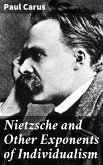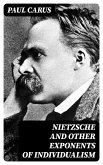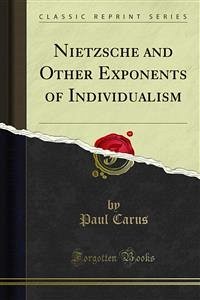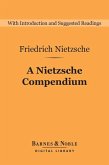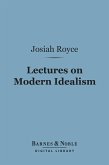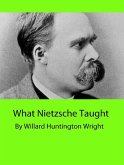This 1914 book is a survey of Nietzsche's views on topics such as valuation, individualism, and ego-sovereignty. Carus also gathers biographical information from Nietzsche's close friend Paul Deussen and presents them alongside chapters on those with whom Nietzsche worked most closely.
Dieser Download kann aus rechtlichen Gründen nur mit Rechnungsadresse in A, D ausgeliefert werden.



